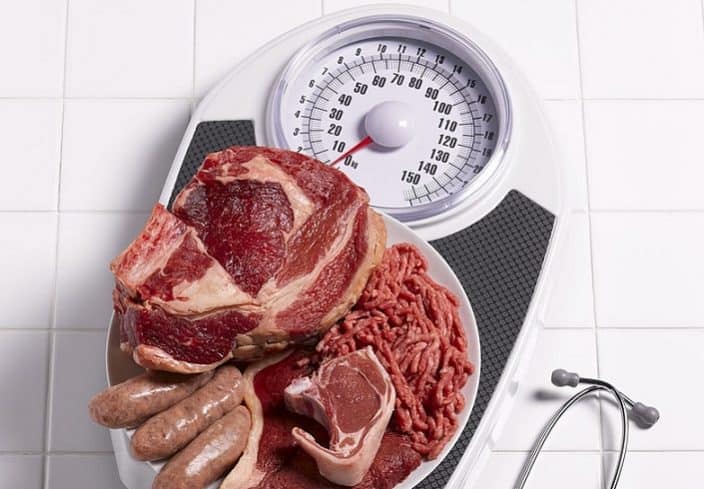
Is the Keto Diet Safe?
Most of the objections raised by detractors of low-carb diets for decades have been completely unfounded. These myths were fueled in part by the incorrect presumption that low-carb diets were heavy in meat and cheese components and devoid of healthy plant-based components. [See: “What eat on the Keto Diet”]
Notwithstanding the unfounded claims, there have been some legitimate health questions raised by clinical and controlled trials comparing low-carb diets to higher-carb, lower-fat alternatives. The low-carb diets consistently showed better weight reduction and the lower-carb diets showed higher HDL, lower triglycerides, and lower HbA1C (a blood glucose marker) in post-intervention blood tests, all favorable findings. But there was almost always a troubling finding of higher LDL in connection with these low-carb diets. [ See e.g. Dong 2020 – China (Meta-Analysis) ] LDL has historically been associated with higher risk for CVD. The higher LDL was a legitimate concern and was puzzling in light of the improvement in almost all other health biomarkers in the low-carb participants.
A growing body of evidence indicates that LDL may have unjustly earned it’s “bad” reputation. In a recently published article we explain why with the latest research supporting the proposition that only certain smaller subclasses of LDL are associated with higher risk of cardiovascular disease. As we explain in that article, larger LDL particles have been shown not to have this negative correlation.
Nutrition scientists have hypothesized that a closer look at the LDL of low-carb dieters might reveal that the higher LDL in low-carb diets was the result of more larger benign particles rather than the smaller particles that actually correlate with CVD risk and other health concerns. In several eloquently designed controlled trials since 2000, several teams of researchers led by Ronald Krauss, Jeff Volek and Stephen Phinney confirmed that hypothesis. [ Volek 2003 – USA ] [ Sharman 2004 – USA ] [ Krauss 2006 – USA ]
In the most recent of this epic series of controlled trials a panel of researchers, primarily from The Ohio State University, led by Volek, with collaboration from Krauss and Phinney, found that in fact the low-carb diets resulted in a conversion of the smaller, more dangerous particles in LDL to healthier, larger particles, and in so doing, the participants markedly improved their other markers for metabolic syndrome, diabetes and cardiovascular disease. [ Hyde 2019 – USA ]
As it turns out, as vividly shown by this line of research, not only is dietary carbohydrate restriction safe, it in fact shows changes in biomarkers that indicate a reduced risk for both diabetes and cardiovascular disease.
A minor word of warning … The new watchword in nutrition is balance. These studies on diet tell us that we only have to be concerned with the amount of fat or distribution between saturated and unsaturated fat in the food matrix when our carbohydrate consumption exceeds 20% to 25% of our dietary intake. For a substantial portion of the population that consumes inordinate amounts of sugary soft drinks and processed grains in the form of bread, pizza crust and pasta, consuming higher amounts of saturated fat could pose a health risk. The message is simple. Cut the sugar and processed foods or cut the saturated fat. If you continue to eat both you’ll stay fat and you’ll die early!

